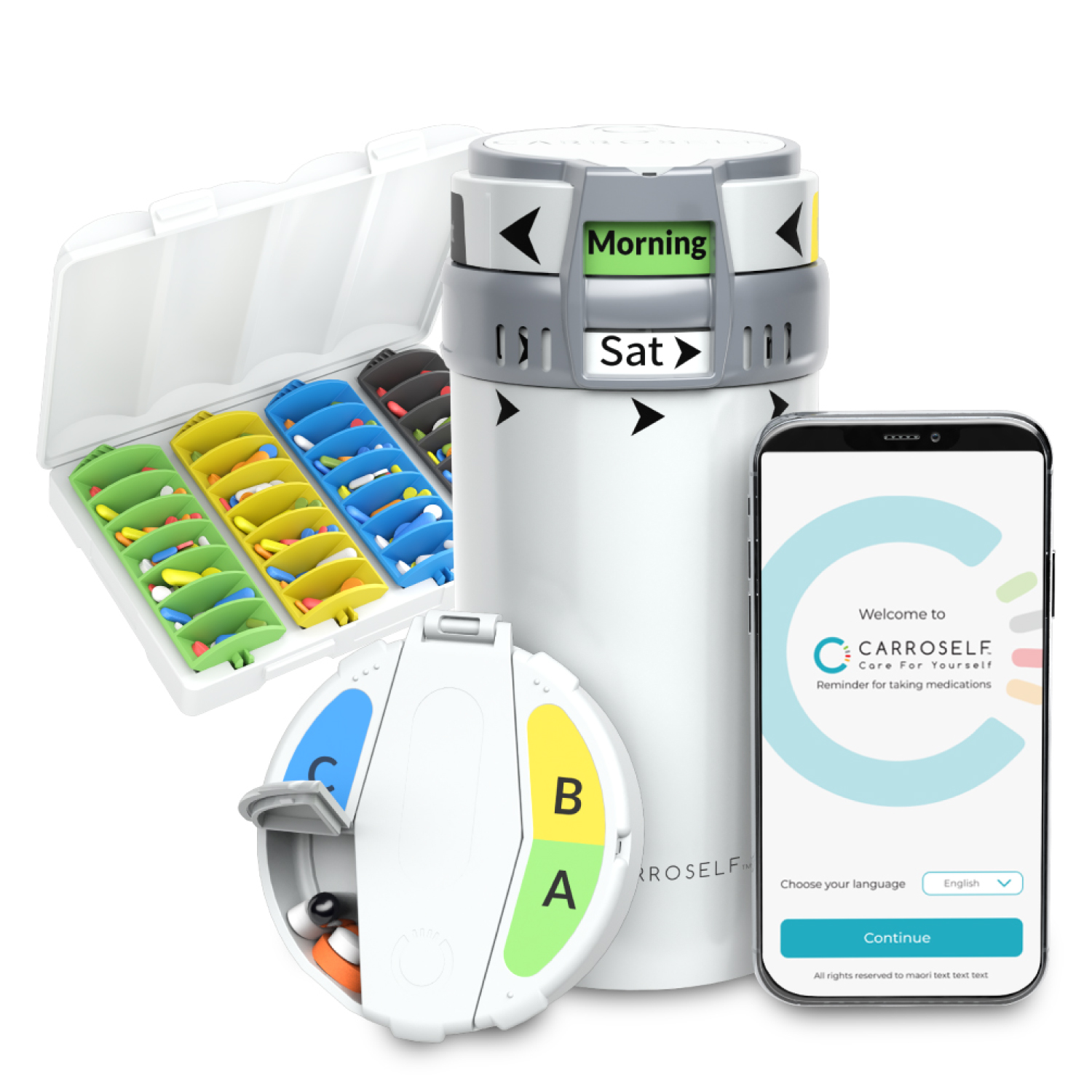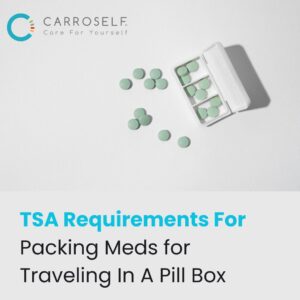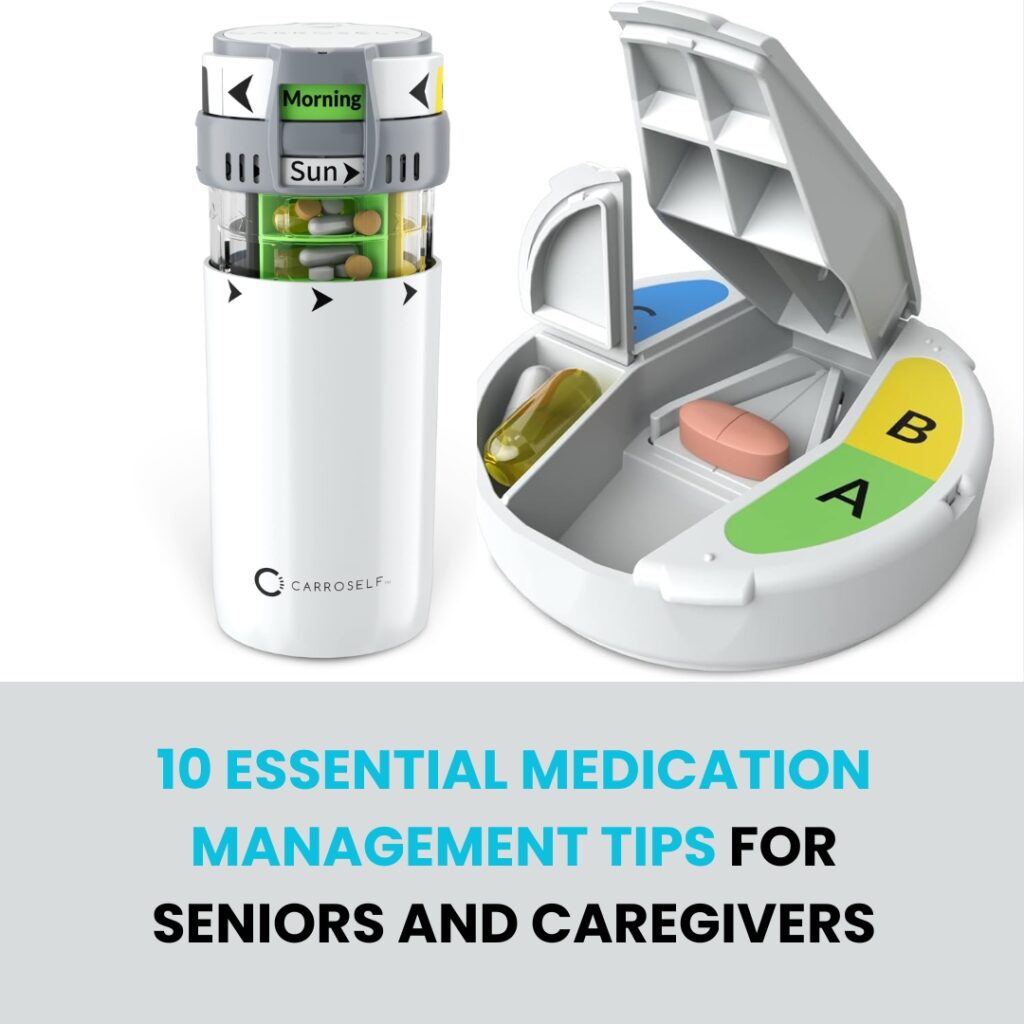

A Global Issue Affecting Millions
Forgetting to take prescribed medications is a serious issue with significant health, economic, and social consequences. Studies indicate that nearly 50% of individuals on chronic medications fail to adhere to their prescribed regimen (World Health Organization). This problem transcends demographic boundaries—it can affect anyone, regardless of age or health condition. However, for patients with chronic illnesses, the repercussions can be particularly severe.
Failing to take prescribed medications as directed can lead to worsening health conditions and additional complications. Chronic diseases such as diabetes, hypertension, and heart disease can deteriorate if medications are not taken correctly, increasing the risk of preventable hospitalizations and even premature death (CDC). From an economic standpoint, non-adherence to medications costs the healthcare system approximately $300 billion annually (New England Journal of Medicine).
In the U.S. alone, medication non-adherence is linked to approximately 125,000 preventable deaths annually (Annals of Internal Medicine). Additionally, patients who fail to adhere to their prescribed treatments face a 20-30% increased risk of hospitalization (Harvard Medical School). This non-adherence also places an overwhelming financial strain on healthcare systems, as preventable treatments and hospital stays drive up costs.
The effects of medication non-adherence extend beyond the individual—family members and caregivers often experience heightened anxiety and stress when a loved one neglects their prescribed regimen. Studies indicate that families of chronically ill patients face increased emotional distress due to uncertainty about their loved one’s adherence to medical guidelines (National Institutes of Health).
Additionally, patients who fail to take their medications correctly may become dependent on their families for supervision and medical assistance. Loved ones often take on the burden of organizing and monitoring medication intake, leading to significant lifestyle disruptions and added stress. A Pill Box Organizer or Monthly Pill Box Organizer can ease this burden by offering a structured way to manage medications.
Struggling with medication adherence can create a cycle of frustration, declining health, and feelings of failure. Patients who fail to take their medications as prescribed often experience reduced energy levels, increased susceptibility to additional illnesses, and even declines in mental health. Depression and feelings of helplessness can emerge, as patients lose confidence in their ability to manage their health.
Moreover, failing to maintain a proper medication schedule can limit one’s ability to work, engage in physical activities, or participate in social gatherings. This often leads to isolation, loneliness, and a diminished sense of control over one’s life, ultimately affecting overall well-being.
The consequences of medication non-adherence are not limited to individual patients—it also places an immense burden on healthcare infrastructures. Hospitals and clinics experience increased patient loads due to preventable medical complications stemming from missed medications. When patients do not follow their treatment plans as prescribed, it results in higher emergency room visits, longer hospital stays, and escalated healthcare costs.
Addressing medication adherence is not just about improving individual health; it’s about reducing unnecessary hospitalizations, cutting costs, and creating a more sustainable healthcare system. Awareness, education, and better medication management solutions such as Smart Pill Boxes, Portable Smart Pill Dispensers, and Best Travel Pill Box Organizers are crucial to mitigating this widespread issue.
The cost of forgetting medications extends far beyond minor inconveniences—it leads to serious health risks, increased mortality rates, financial burdens, and emotional distress for both patients and their loved ones. Raising awareness, implementing proper medication management strategies, and utilizing tools like a 14-Day Pill Box Organizer or Best Pill Box Organizer for Travel can drastically improve health outcomes and quality of life for millions. Taking medications as prescribed isn’t just a routine—it’s a life-saving commitment.


Best Ways to Remember Your Medication Every Day and Avoid Health Risks

Taking 4 Pills a Day? Here’s the Best Schedule to Follow

How to Keep Track of Your Medicines and Time if You Have Dementia

10 Essential Medication Management Tips for Seniors and Caregivers

TSA Requirements For Packing Meds for Traveling In A Pill Box

The Silent Epidemic of Medication Non-Adherence: A Growing Concern with Practical Solutions



The Hidden Price of Forgetting Your Medications: Why Missing a Dose Can Cost More Than You Think

Best Ways to Remember Your Medication Every Day and Avoid Health Risks

Taking 4 Pills a Day? Here’s the Best Schedule to Follow

How to Keep Track of Your Medicines and Time if You Have Dementia

10 Essential Medication Management Tips for Seniors and Caregivers